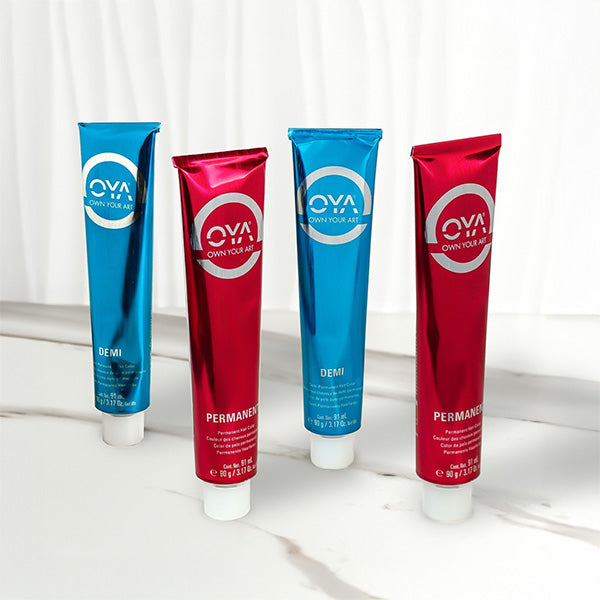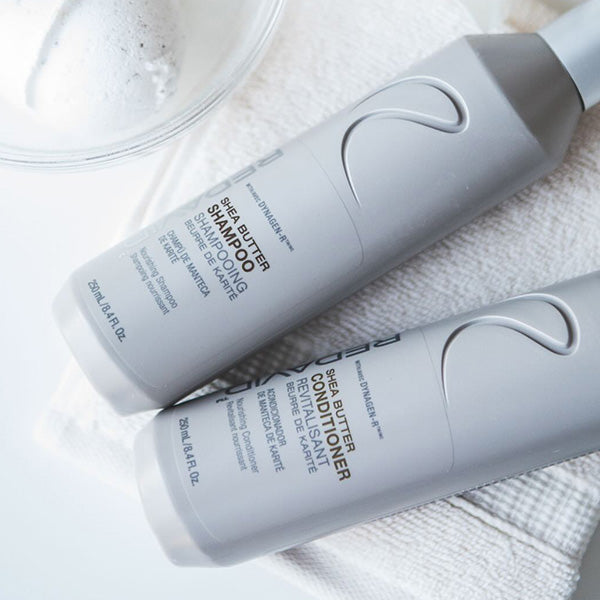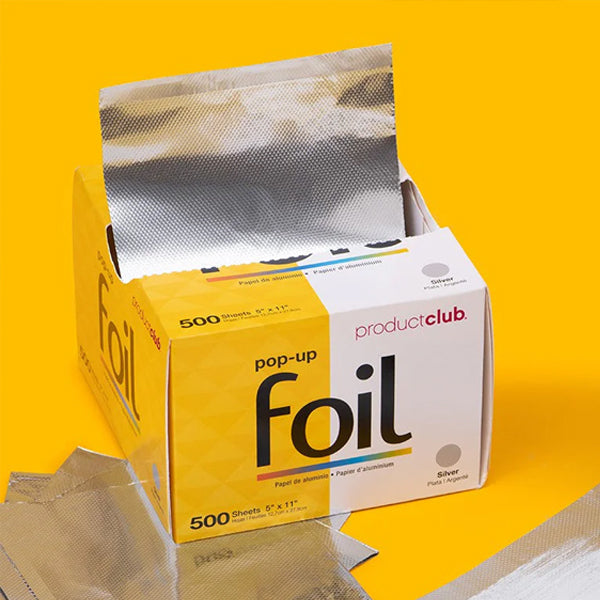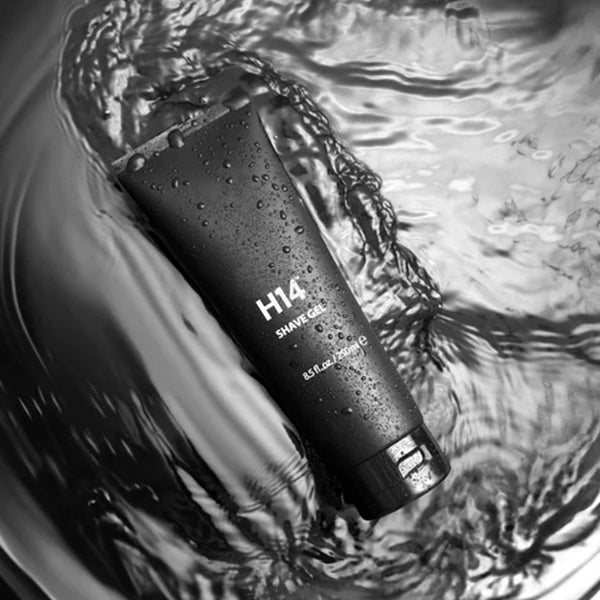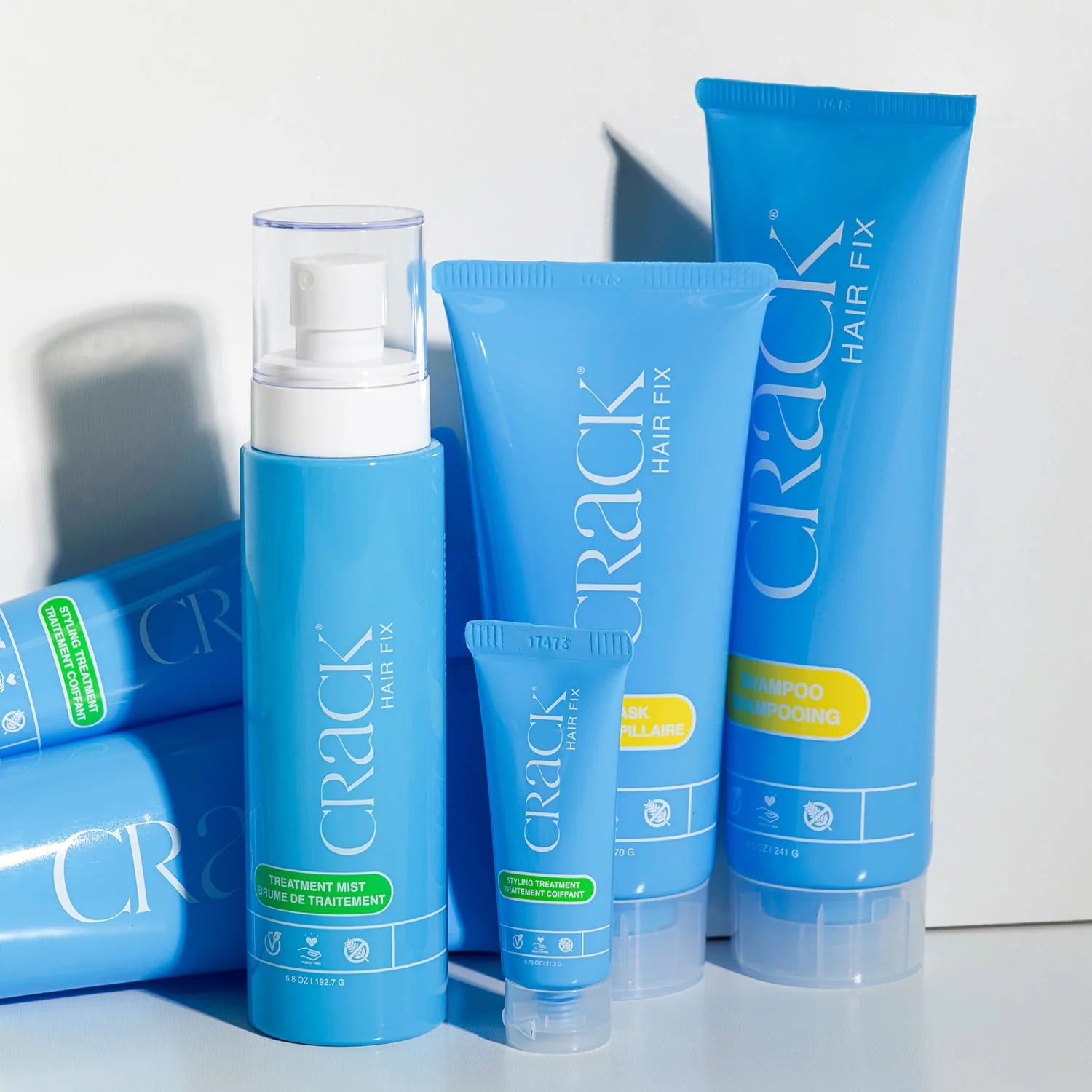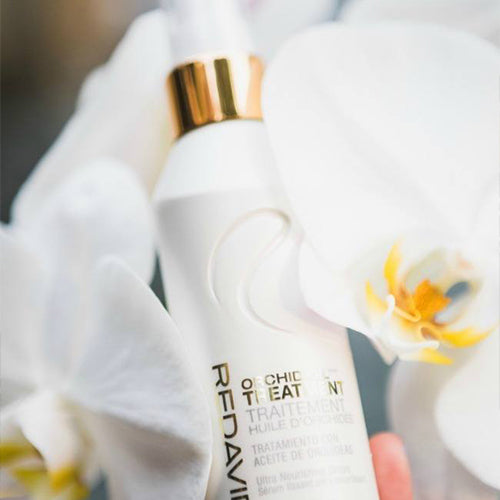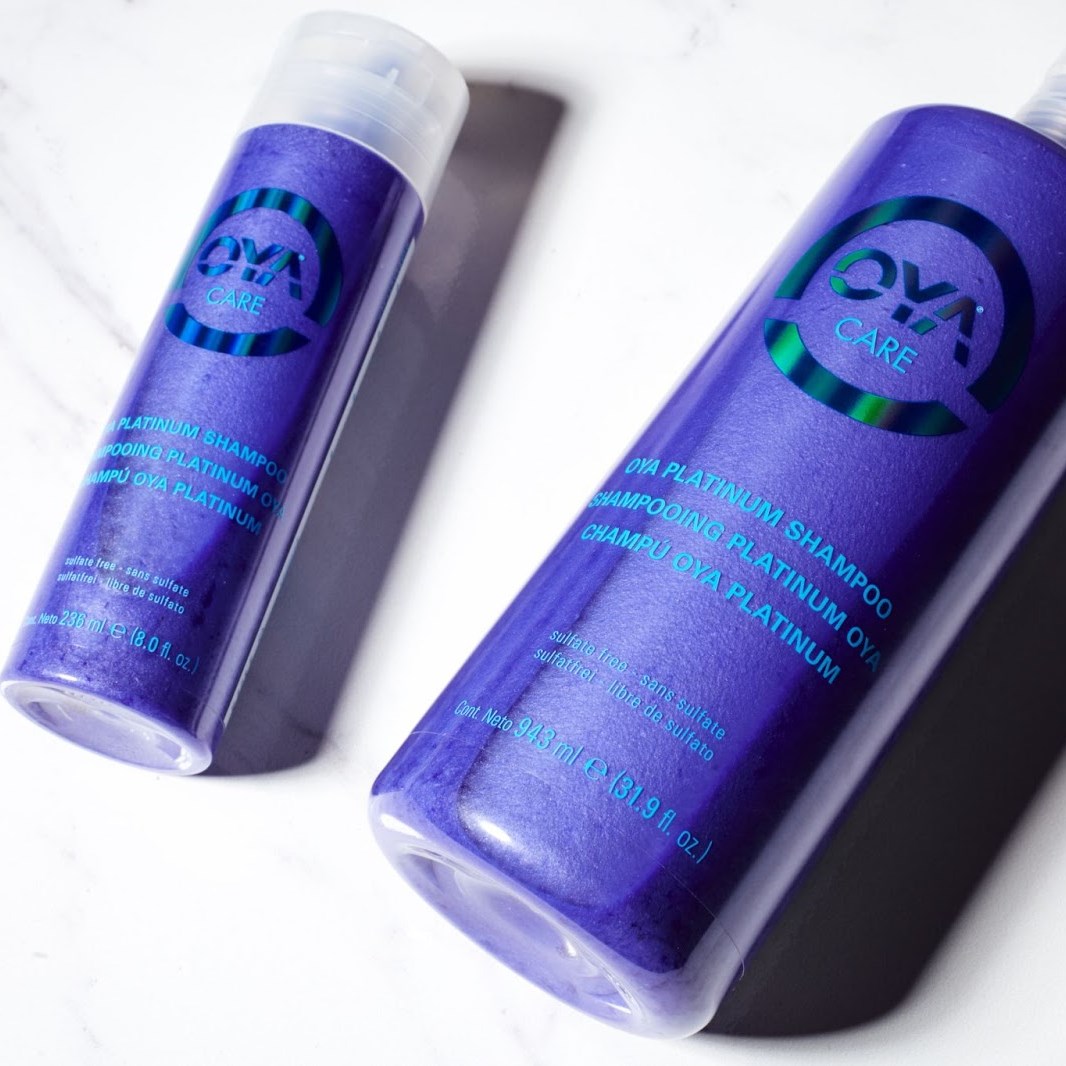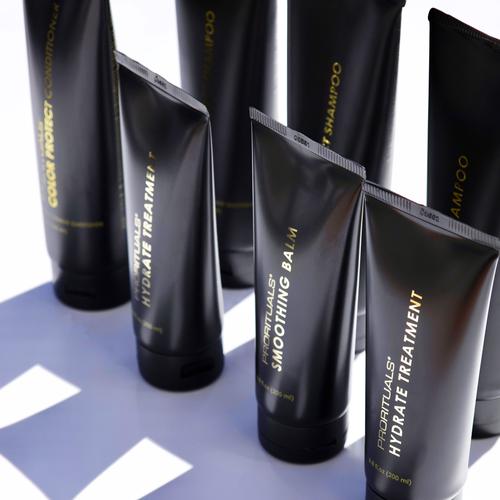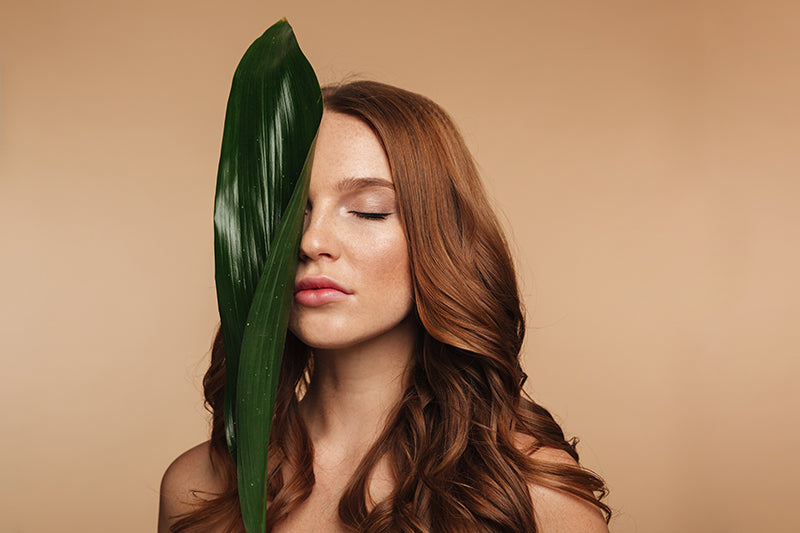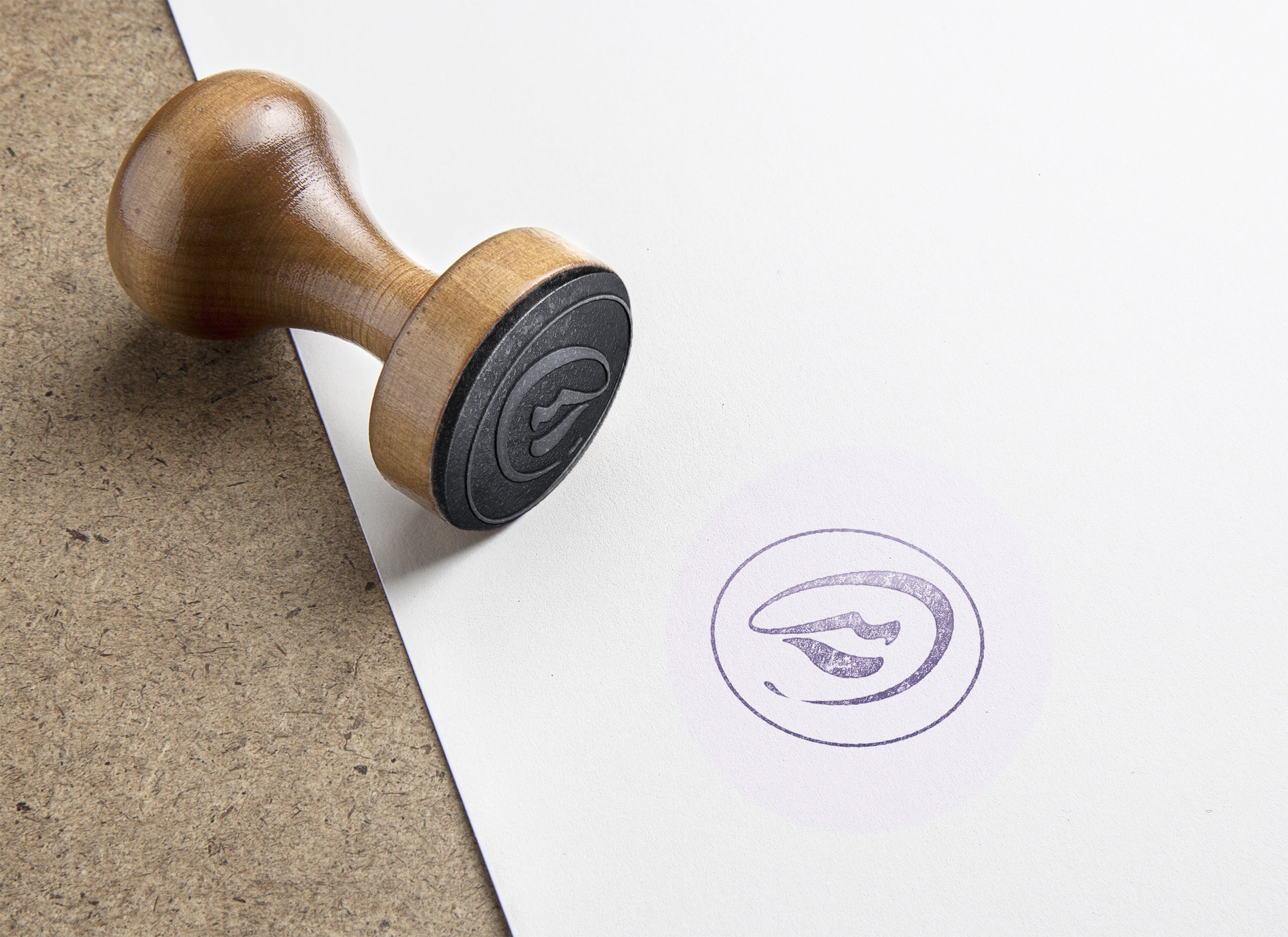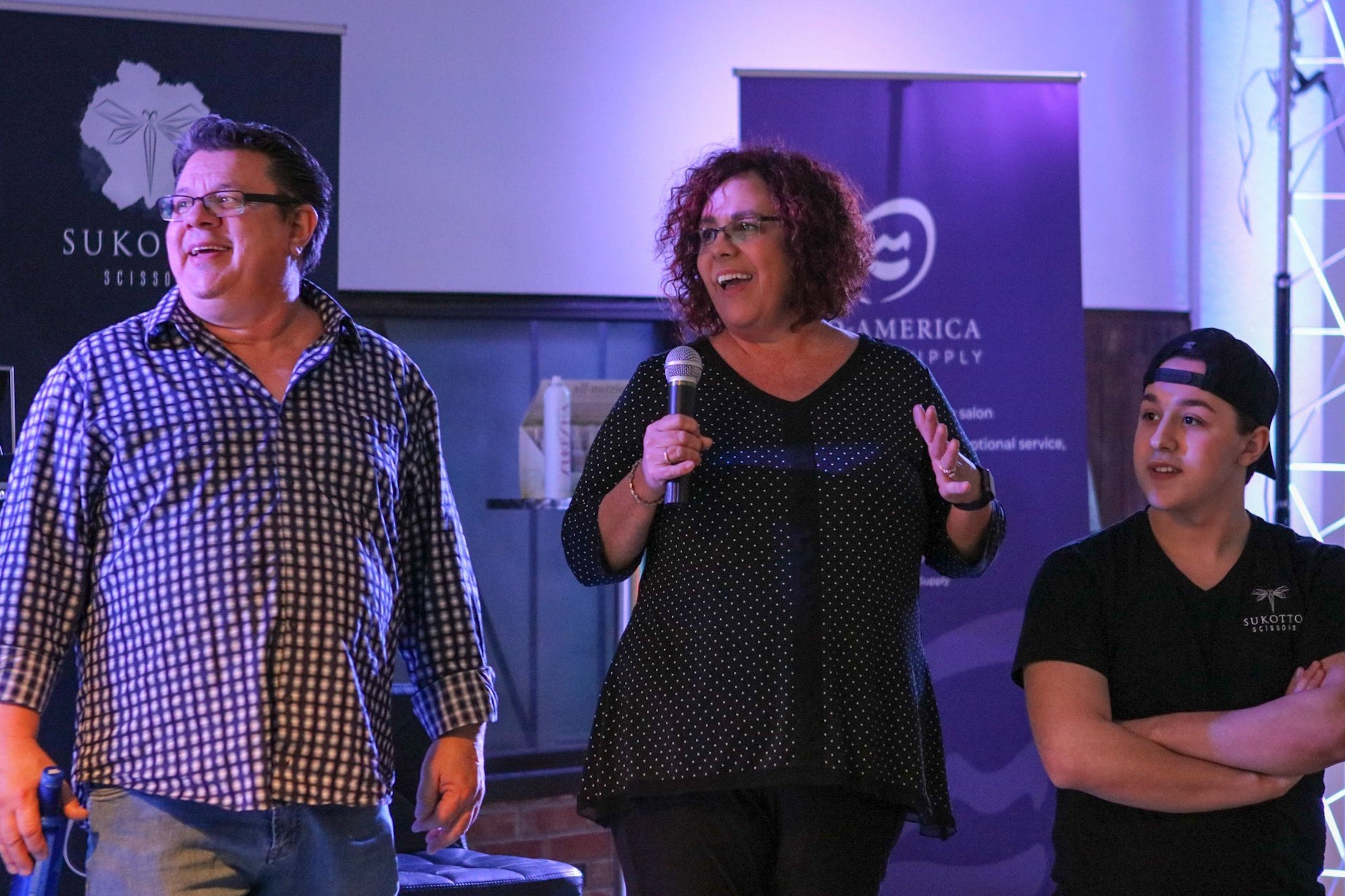The Role of Microbiomes in Scalp Health: What You Need to Know
The health of our scalp is crucial for maintaining strong, vibrant hair, and one of the most fascinating aspects of scalp health is the role of microbiomes. Just as our gut has a unique ecosystem of bacteria and fungi, so does our scalp. Understanding and maintaining a healthy scalp microbiome can lead to better hair health and address common issues like dandruff, itchiness, and hair loss. Here's what you need to know about the microbiome and its impact on scalp health.
What is the Scalp Microbiome?
The scalp microbiome consists of a diverse community of microorganisms, including bacteria, fungi, and yeasts, that live on the surface of the scalp. This ecosystem is essential for maintaining the health and balance of the scalp and hair.
-
Bacterial Flora:
- Types of Bacteria: The scalp hosts various bacteria, including beneficial ones like Cutibacterium acnes (formerly known as Propionibacterium acnes) and Staphylococcus epidermidis.
- Protective Role: These bacteria play a crucial role in protecting the scalp from harmful pathogens and maintaining a balanced pH level.
-
Fungal Components:
- Malassezia Yeast: This is the most common type of fungus found on the scalp and is generally harmless in balanced amounts. However, overgrowth can lead to dandruff and seborrheic dermatitis.
- Fungal Balance: A healthy scalp microbiome keeps the growth of Malassezia and other fungi in check.
The Importance of a Balanced Scalp Microbiome
-
Prevents Scalp Conditions:
- Dandruff and Seborrheic Dermatitis: An imbalance in the scalp microbiome, often due to the overgrowth of Malassezia yeast, can lead to flaky, itchy scalp conditions.
- Folliculitis: This condition, characterized by inflamed hair follicles, can result from bacterial imbalances.
-
Supports Hair Growth:
- Healthy Follicles: A balanced microbiome ensures that hair follicles remain unclogged and healthy, promoting better hair growth.
- Reduced Inflammation: By maintaining a balanced ecosystem, the scalp experiences less inflammation, which is beneficial for hair health.
-
Protects Against Infections:
- Barrier Function: Beneficial microbes form a protective barrier on the scalp, preventing harmful pathogens from causing infections.
- Immune Response: A healthy microbiome can enhance the scalp's immune response, making it more resilient to infections.
Factors Affecting the Scalp Microbiome
-
Hair Care Products:
- Harsh Chemicals: Shampoos and conditioners with sulfates, parabens, and synthetic fragrances can disrupt the natural balance of the scalp microbiome.
- Over-Washing: Frequent washing can strip the scalp of its natural oils, leading to an imbalance in microbial populations.
-
Lifestyle and Environment:
- Diet: A poor diet lacking in essential nutrients can negatively impact the scalp microbiome.
- Stress: High stress levels can alter the balance of microbes on the scalp, contributing to various scalp issues.
-
Medical Conditions:
- Hormonal Imbalances: Conditions like polycystic ovary syndrome (PCOS) and thyroid disorders can affect scalp health.
- Medications: Certain medications, including antibiotics and antifungals, can disrupt the scalp's microbial balance.
Maintaining a Healthy Scalp Microbiome
-
Use Gentle Hair Care Products:
- Natural Ingredients: Opt for shampoos and conditioners with natural ingredients like tea tree oil, aloe vera, and chamomile, which can soothe the scalp without disrupting the microbiome.
- Sulfate-Free: Choose sulfate-free products to avoid stripping the scalp of its natural oils.
-
Regular Scalp Exfoliation:
- Exfoliating Treatments: Use gentle scalp exfoliants to remove dead skin cells and product buildup, allowing the microbiome to thrive.
- DIY Exfoliation: Create a natural exfoliant using ingredients like sugar, coconut oil, and essential oils.
-
Healthy Diet and Hydration:
- Balanced Nutrition: Ensure a diet rich in vitamins, minerals, and probiotics to support a healthy scalp microbiome.
- Hydration: Drink plenty of water to keep the scalp hydrated and maintain a healthy environment for microbial growth.
-
Stress Management:
- Relaxation Techniques: Practice stress-reducing activities such as yoga, meditation, and regular exercise to help maintain a balanced scalp microbiome.
- Adequate Sleep: Ensure you get enough sleep to support overall health and scalp wellness.
The role of the scalp microbiome is essential for maintaining healthy hair and scalp. By adopting practices that support a balanced microbial environment, you can prevent common scalp issues and promote vibrant, strong hair. The future of hair care lies in recognizing and nurturing this delicate ecosystem, ensuring that your scalp remains a healthy foundation for beautiful hair.


